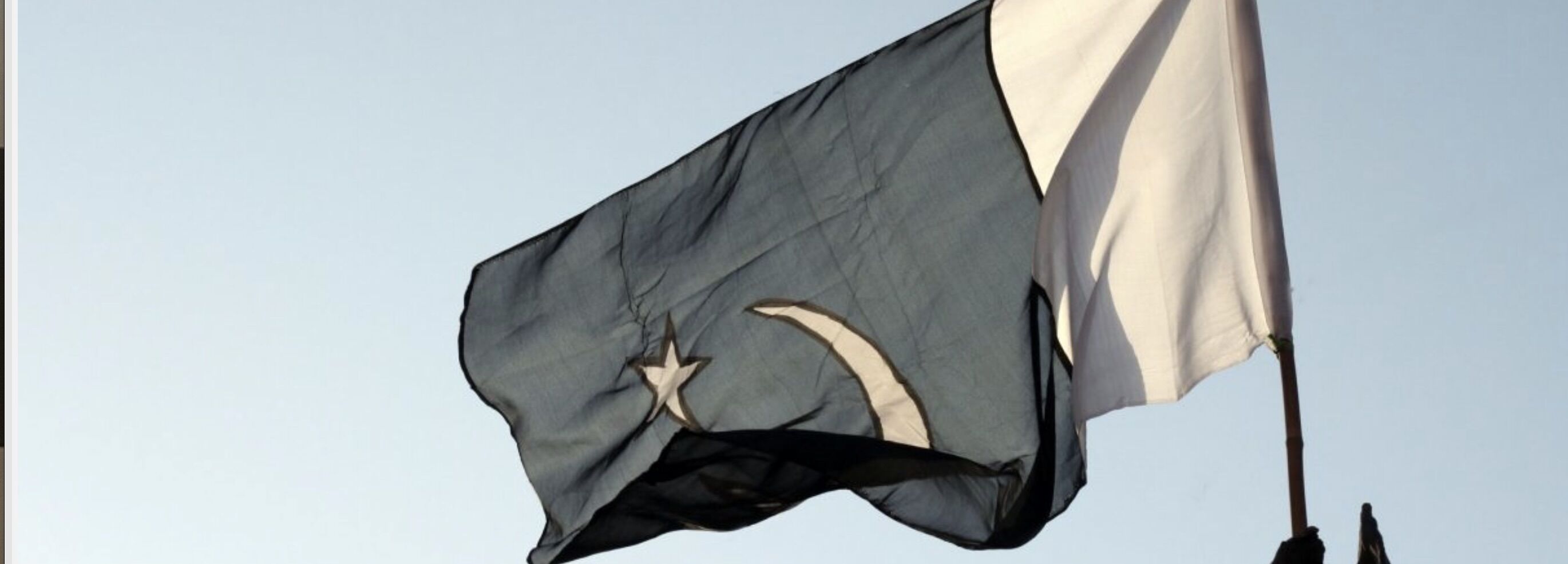Pakistan's Caretaker Government Takes Bold Steps Towards Reconciliation and Peace
Pakistan's caretaker government releases Baloch female protesters and children, aiming for peace and reconciliation. Prime Minister Anwaar-ul-Haq Kakar issues order, emphasizing dialogue and commitment to resolving grievances.
The Pakistan caretaker government has taken a major step towards reconciliation and peace by releasing all female Baloch protesters and children who were detained during a police crackdown in Islamabad. This action came at the direct order of Prime Minister Anwaar-ul-Haq Kakar and was announced by the Caretaker Minister for Information and Broadcasting, Murtaza Solangi. The decision to release the detainees came after a series of events, including a police crackdown on Baloch protestors in Islamabad.
However, following condemnation from human rights organizations and analysts, the Islamabad High Court stepped in, warning against any hindrance to the protest and ordering a report from the Islamabad Inspector General. At a press conference in the federal capital, federal ministers Fawad Hassan Fawad, Murtaza Solangi, and Jamal Shah shared the news of the release of the female protesters and children, ensuring that about 90 percent of the male detainees had also been released. They emphasized the government's desire to resolve the issue through dialogue and also revealed that a three-member committee had been formed by the Prime Minister for this purpose.
The Privatization Minister, Fawad Hassan, spoke out in support of the Baloch protestors, stating that the government has "complete conviction" that they have done nothing wrong and that local elements exploited the situation, leading to clashes between the protesters and law enforcement. He also mentioned a recent development where Sarfaraz Bangalzai, a former commander of the banned Baloch Nationalist Army, surrendered to authorities and announced an integration into mainstream politics. The announcement of the release of the detained women and children, along with the broader efforts to engage with and resolve the grievances of the Baloch community, marks a significant step towards peace and reconciliation in Pakistan, indicating a shift towards dialogue and understanding rather than confrontation.




